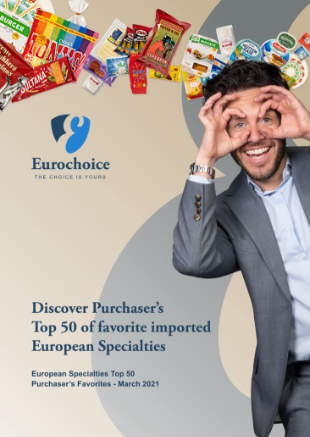How consolidated sourcing of European products increases customer loyalty in your supermarket
As a retail buyer for a supermarket chain in rich regions in the Middle East and Asia, you face major challenges every day. When your job is to acquire merchandise for a large supermarket chain in a rich, urban region in one of the MESEA countries, you face some big challenges. Your customer base essentially is a melting pot of locals with a high income and western expats.

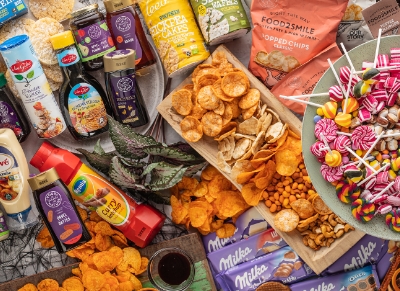
Customers who expect specific quality products – often from Europe – and who are prepared to shell out a lot of money for this: like French Brie, Italian mozzarella, Spanish ham, Dutch herring, and so
on. But organic, vegan and diet products are also booming; it’s a food trend that you just cannot afford to miss out on as a supermarket. As a retail buyer you are only too happy to meet your customers’ wishes. You want to offer them an unforgettable shopping experience by ensuring you always have the best European products in stock. Because you know you run the risk of losing the customer to your competitor in the event of a ‘no’ sale. Try explaining that to your manager.
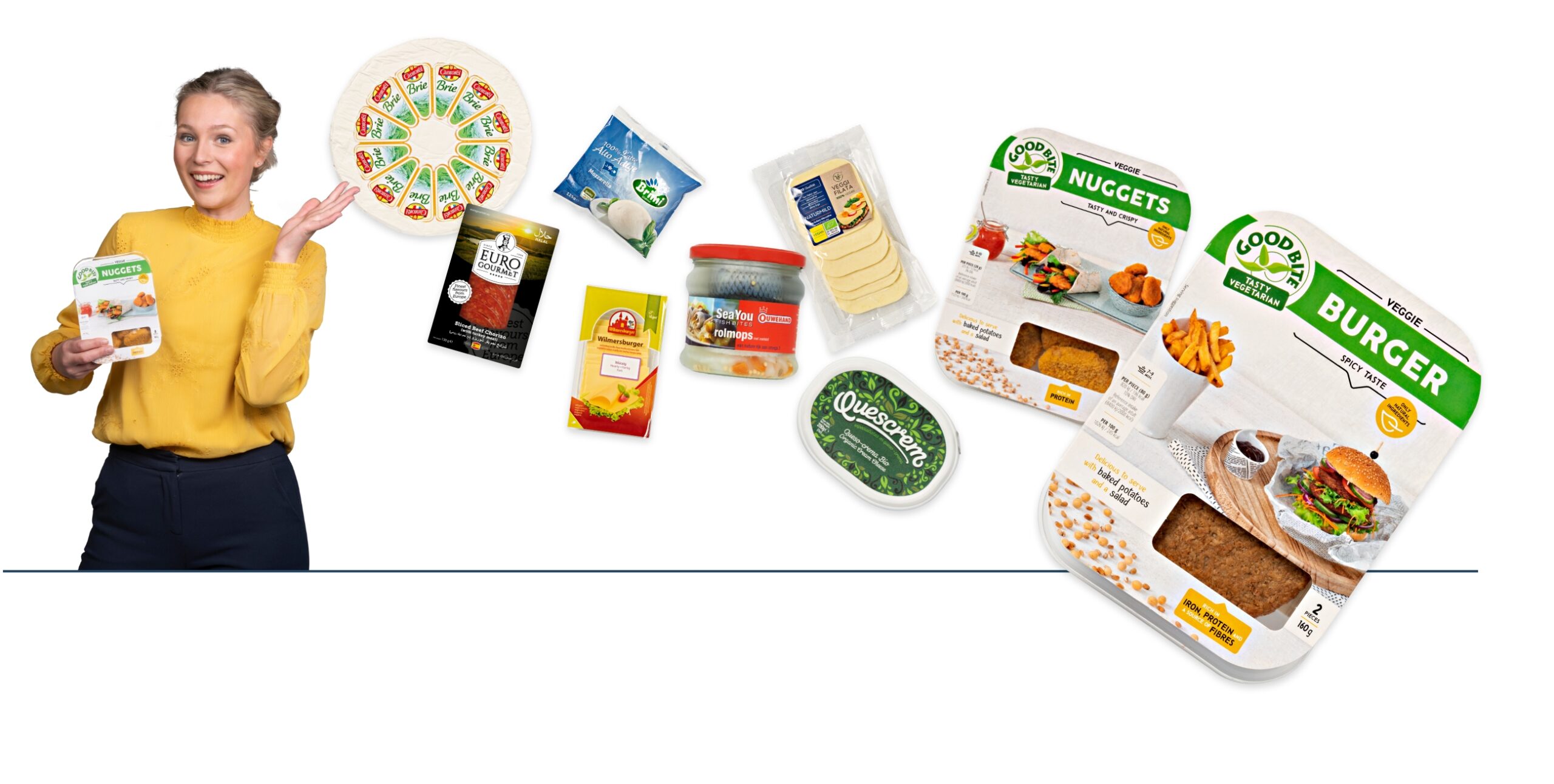
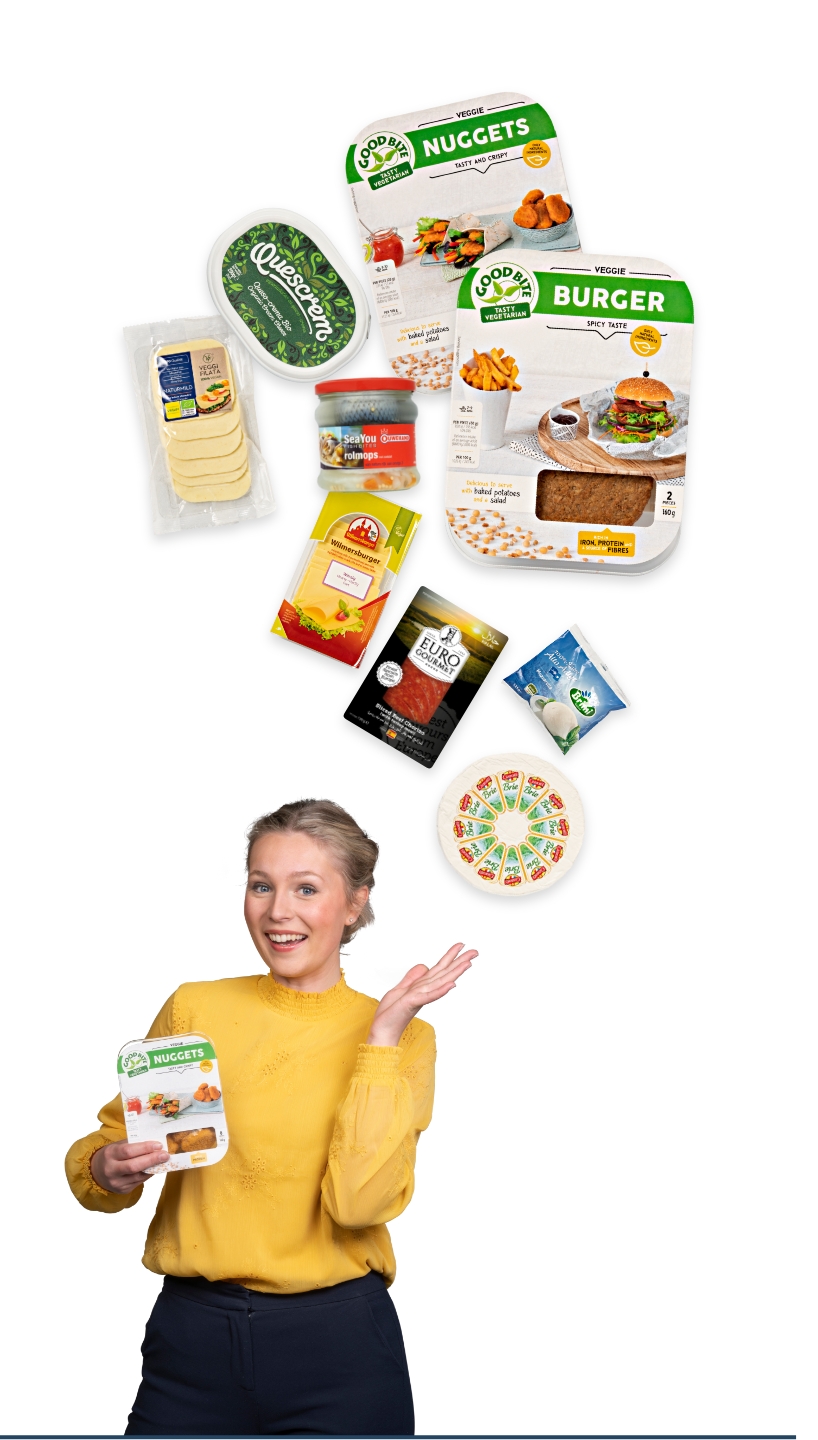
The complexity of intricate imports can consume all your energy
You prefer to receive your products weekly, fresh, and in small quantities. But if you want to order specific products in small quantities, multinational brands that often have a minimum order quantity will not be keen to take your order. In addition, there are 15 European countries and plenty of interesting brands for each product to choose from.
So how do you know which one is the best?
How do you balance availability with inventory levels and costs?
Not to mention the knowledge of labelling you need to ensure that products comply with local laws and regulations. The complexity of this intricate buying process consumes all your energy, leaving you no time to go in search of new and innovative products to surprise your customers.
Weekly, fresh and
small order quantities
Labelling
Comply with local laws
and regulations
Weekly, fresh and
small order quantities
Labelling
Comply with local laws
and regulations
The success of major supermarket chains in the Qatari desert
Qatar, a peninsula in the Persian Gulf, largely consists of desert. The capital Doha has gigantic branches of Carrefour, Spar, Monoprix and Lulu. They essentially import anything and everything here. The retail buyers here have become very skilful at having a wide range of European specialties on supermarket shelves every week, which are full of all the best products from Europe. Here they sell Coca-Cola, as well as herring from the North Sea, French cheese, refined Italian meats and so on. Rich customers are assured of a great shopping experience, resulting in full shopping carts. So how do these retail buyers pull this off? With a consolidated approach to their buying.
“Eurochoice can supply most European products; consolidated. That’s what purchasers from the Middle East appreciate in us.”
The secret of Qatari supermarkets is pan-European consolidation
Traditionally, retail buyers worked with national partners. Sometimes this is the brand itself, in some cases this is a wholesale partner. You can source French Brie and Camembert from one partner, Spanish Serrano ham and Chorizo from another. If a customer enquires about vegan cheese, you look for yet another brand and partner to get this product on your supermarket shelves. This requires an intricate, consolidated approach.
But Qatari supermarkets go one step further:
They buy based on pan-European consolidation. This means that they prefer to work with a smaller number of partners, who deliver the majority of all European products from across Europe, as one weekly order. Thanks to their comprehensive role, these partners are also better placed to advise retailers which products are currently the most popular. Consequently, the larger supermarkets have developed a store concept that perfectly responds to their customers’ needs. They only sell top-notch quality. The best products, the best price and the best shopping experience for high-income customers, who are prepared to only settle for the best. Customers, who are prepared to only settle for the best.
European Specialties Top 50
Middle East & South East Asia
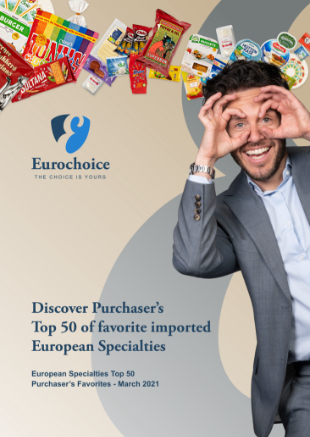
So what are your options?
Consolidation warehousing vs. wholesale consolidation
There are two ways to achieve pan-European consolidation:
1) Consolidation warehousing:
The retail buyer orders from multiple suppliers, the shipments of these suppliers are temporarily warehoused by one consolidation warehousing partner. They are then combined and shipped as one delivery. This is a popular method for non-food and food products with a long shelf life.
2) Wholesale consolidation:
The retail buyer orders all their European products directly from one partner, who periodically combines all these products into one order and one shipment. As fresh products cannot spend too much time in warehouses while waiting for other deliveries to arrive, this is a popular consolidation method in (fresh) food. Most retail buyers prefer a high frequency of delivery. The orders are often collected weekly, combined, and then shipped to the supermarkets.
For fresh European specialties, pan-European wholesale consolidation is the better option
If you want to have a wide range of fresh European specialties on your supermarket shelves, pan-European consolidation with a wholesale partner is the preferred option. You are dealing with more than 10,000 – often fresh – European products from fifteen different countries. If you can achieve this with one or a few partners every week, you can perfectly tailor your store concepts to your customers’ needs: you only offer the very best quality, including organic, vegan and diet products. Fresh every week, without all the hassle that is usually associated with it.
“We supply the majority of European products in the Middle East.
We’re really pleased with that. From the Netherlands, we have an overview of the full European product range, working with producers and suppliers of top brands from all across Europe.”
Cees Mostert: Managing Director of Eurochoice

Which European specialties are most often purchased in a consolidated manner by retail buyers?
To determine which European specialties are purchased the most in a consolidated manner, Eurochoice analysed 3,000 orders from 142 retail buyers in 8 countries. Download the White Paper here to find out what are the Top 50 European specialties of retail buyers in MESEA countries.
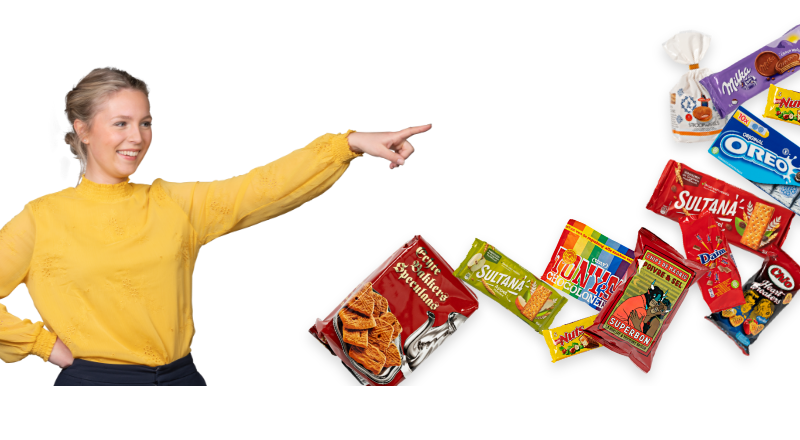
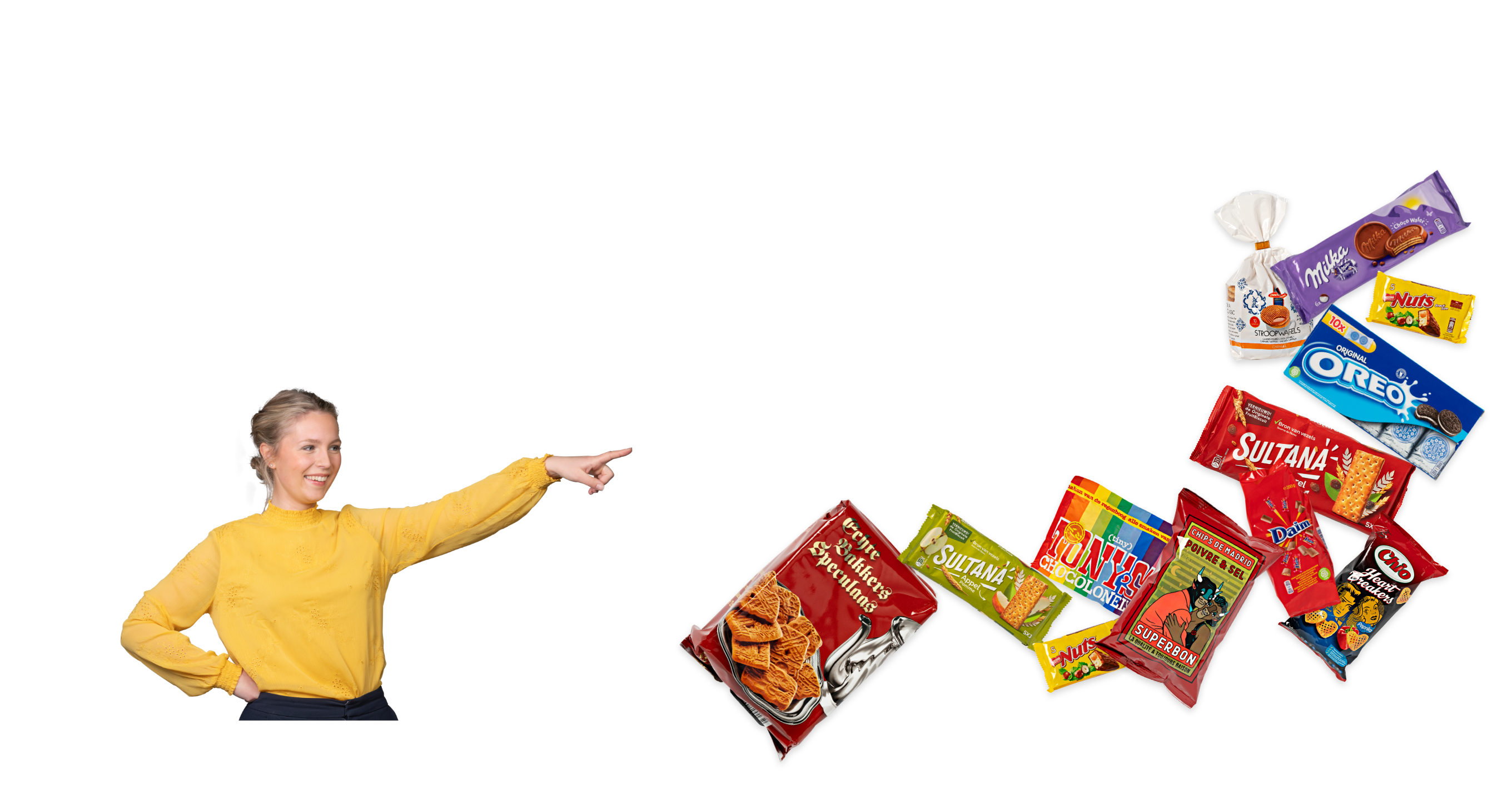
The pan-European wholesale consolidation partner is often also an attractive Product Scout for retail buyers
Experiences in Qatar show that the large supermarket chains – such as Carrefour, Monoprix and Lulu – rely on the advisory and innovative power of their pan-European suppliers. They know exactly which trends are emerging on the European continent and with which European specialties you can generate better margins on supermarket shelves – just think of the current trend in organic, vegan and diet products. How interesting would it be for retail buyers to be able to send a Product Scout to Europe at any time they want? A Product Scout who returns with the specialties that customers crave? This would give you a competitive edge because you are able to respond to emerging trends more quickly, in addition to delivering a great experience to your supermarket customers.
European Specialties Top 50
Middle East & South East Asia

